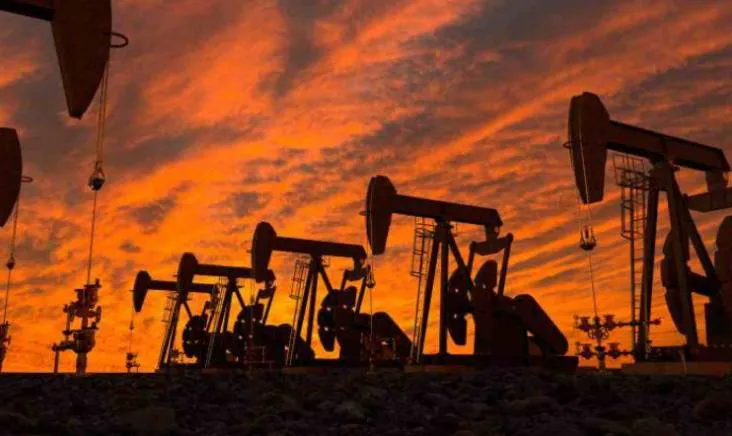BP predicts global oil demand will peak in 2025 and rising emissions will end
Stockholm, July 11 (Hibya) - BP has predicted that the world's demand for oil will peak next year, and the rise in global carbon emissions will end by the mid-2020s, driven by a surge in wind and solar power.
The energy company's influential outlook report found that oil use would increase by around 2 million barrels a day in both forecasts, peaking at around 102 million barrels in 2025.
The first forecast scenario shows the world's current energy transition trajectory, while the other shows the path to achieving global net zero targets by 2050.
In both scenarios, BP predicts that carbon emissions will peak in the middle of the decade as technology costs continue to fall and wind and solar power expand rapidly.
However, the report lays out quite different pathways for future gas demand, which has emerged as a key growth area for energy companies, including BP, in recent years.
Under the report's net zero scenario, gas use would peak in the middle of this decade before halving by 2050 compared to 2022 levels. However, the current trajectory suggests that gas demand will continue to rise throughout the forecast, increasing by about a fifth by 2050.
In the scenarios, demand for liquefied natural gas cooled for transport by ships rises 40 percent and 30 percent above 2022 levels, respectively.
The report also suggests that oil consumption will be higher than expected in the 2030s compared to BP's previous forecasts, posing a serious threat to the world's climate goals.
The oil company said its projections for the current global trajectory, which include climate policies already in place, show that the world will exceed carbon budgets that keep global temperatures from rising 2C above pre-industrial levels.
Under the current trajectory, oil demand is expected to fall to 97.8 million barrels a day in 2035, 5 percent higher than last year's BP forecast. The net zero model projects demand to remain at 80.2 million barrels in 2035, up 10 percent from last year's outlook.
BP said oil will continue to "play an important role in the global energy system for the next 10-15 years".
The company had sparked a backlash from environmental campaigners by cutting its pledge to cut oil and gas production by 40 percent by 2030 compared to 2019 levels to 25 percent, after Russia's invasion of Ukraine triggered a price spike in the global energy market.
The Outlook's findings could fuel fears that the global shift from fossil fuels to clean energy could slow, partly due to rising energy demand in emerging economies.
Albania News Agency
















